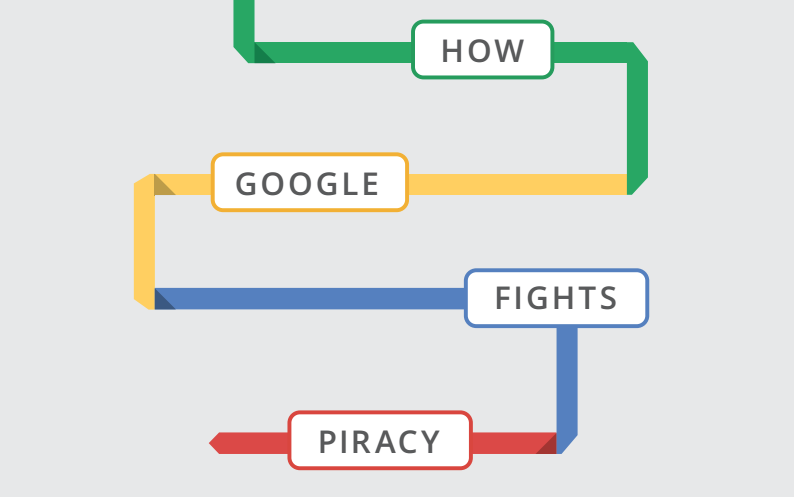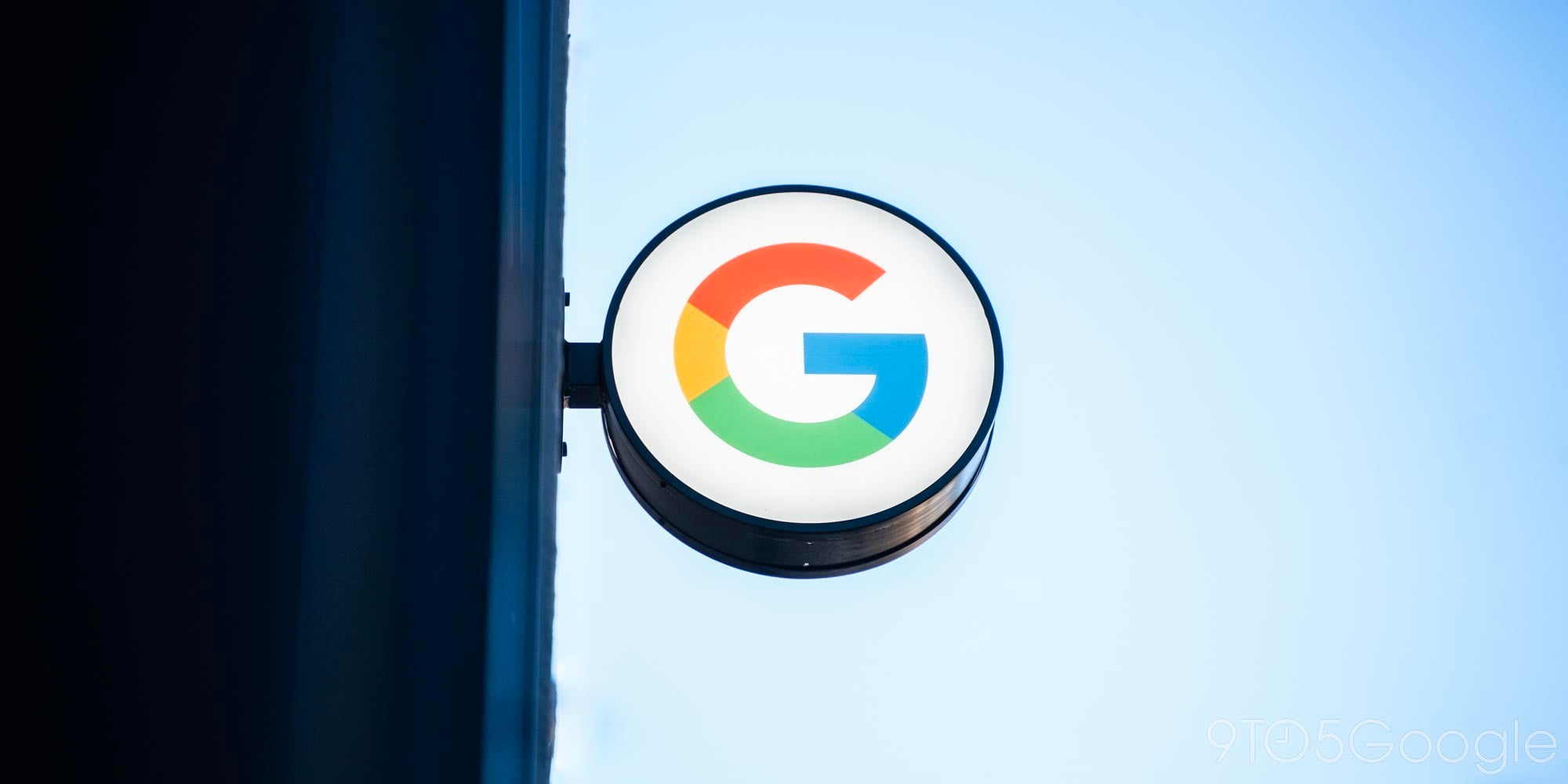Google’s latest moves to fight pirate sites “will visibly affect rankings of most notorious sites”


Google has updated its How Google Fights Piracy report with details of its latest moves to remove pirate sites from its search results. A key element is improved automated demotion of sites that have received high numbers of DMCA takedown notices.
In August 2012 we first announced that we would downrank sites for which we received a large number of valid DMCA notices. We’ve now refined the signal in ways we expect to visibly affect the rankings of some of the most notorious sites. This update will roll out globally starting [this week].
The “most notorious sites” are likely to include rapidgator.net, filestube.com and dilandau.eu, each of which has, notes Gizmodo, received at least 11 million individual takedown requests …
Expand
Expanding
Close



